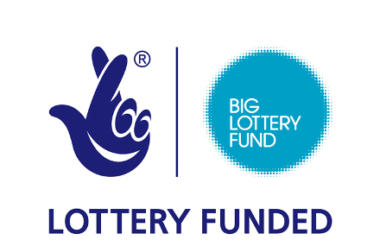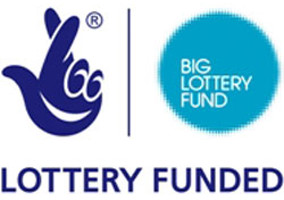The Directory of Social Change has said that the wording of certain proposed changes to the policy directions of the Big Lottery Fund risk compromising the fund’s independence.
In its response to the Cabinet Office’s consultation to its new draft policy directions for the Big Lottery Fund, the DSC said that proposed policies which would tie the fund into supporting government strategies, promoting social investment or furthering the so-called “Big-society policy” pose a threat to the Big Lottery Fund's independence from government.
“The independence of the fund is of key importance to its ability to help those most in need,” said the DSC response, made public today. “The fund provides resources, which add value through their additionality.
“By specifying that the fund works to promote particular government policy, its independence is being compromised and there is a risk of the fund ‘taking-over’ from the state, i.e. not providing additionality at all."
DSC also said that there is little evidence that social investment “encourages sustainability or improves impact” and said that “there is no discernible ‘Big Society policy’” to speak of, making the proposals in line with this consultation document redundant.
DSC has instead proposed that the fund should “work more closely with other funders” in order to better coordinate where grants are directed in the voluntary sector; that it should help charities apply for funds and that it should invest more in infrastructure in order to “help more people and be more resilient in the face of increasing demand and adverse political and economic conditions”.
In its response, New Philanthropy Capital reiterated its call from the Big Lottery Fund to establish a new, separate Innovation Fund, which would have an eventual value of over £30m.
“We believe that this fund should be specifically designed to support projects that test new ways of tackling emerging and existing social problems,” said NPC’s response. “The fund should be prepared for some of these innovations to fail and should ensure that this outcome does not affect a charity’s prospects when bidding for other BIG funding.
“It would be advisable to start with a small fund in the region of 1 per cent of the fund’s budget - £6.7m – rising to 5 per cent (£33.5m) over the next parliament. The fund should be flexible: grants could range from £20,000 to £1m for projects running up to five years”.
NPC have however welcomed the proposed “increased focus on outcomes and impact in policy direction” but believe the focus could go further, “particularly in supporting shared measurement tools that enable collaboration between organisations and that support increasing the impact of sub-sectors rather than organisations on their own”.
Navca’s response called on the Big Lottery Fund and the government to acknowledge “the contribution local infrastructure makes”, in terms of making sure that fund receives quality applications from a representative spread of organisations.
In order to create “sustainability”, Navca said that the Big Lottery Fund “should be prepared to invest in local infrastructure to secure bids from areas or types of organisations that currently do not receive their fair share” of funding.
All three organisations have questioned the relevance and meaning of the proposals use of the term “fundamental British values” in relation to directions around community resilience and cohesion.
Ciaran Price, policy officer at DSC, said: “The fund needs greater independence. We have seen in the past how the fund has been raided by government ministers. The government still owes £425m to the fund which could be used to make a big difference at a time of great volatility”.
Patrick Murray, Head of Policy and External Affairs at NPC, said: “Although it is good news to see them commit to helping realise the government’s Life Chances agenda, this will only work if they know they are funding projects making a real impact on the ground.
“They should also look carefully at the right role for them in the social investment world, which will benefit from more thinking and evaluation in the coming years, but which BIG may not want to be their top priority.”
Neil Cleeveley, chief executive of Navca, said: “The Big Lottery’s attempts to reduce administration costs have meant they are providing less direct support for local charities and community groups. This has created more pressure on already hard pressed local infrastructure organisations.”
“Government and large funders have a responsibility to make sure they pay for services they use. Every penny of local infrastructure resource they use is a penny less that can be spent supporting smaller charities and community groups. It is unacceptable that local charities end up subsidising the lottery.”
Related articles












